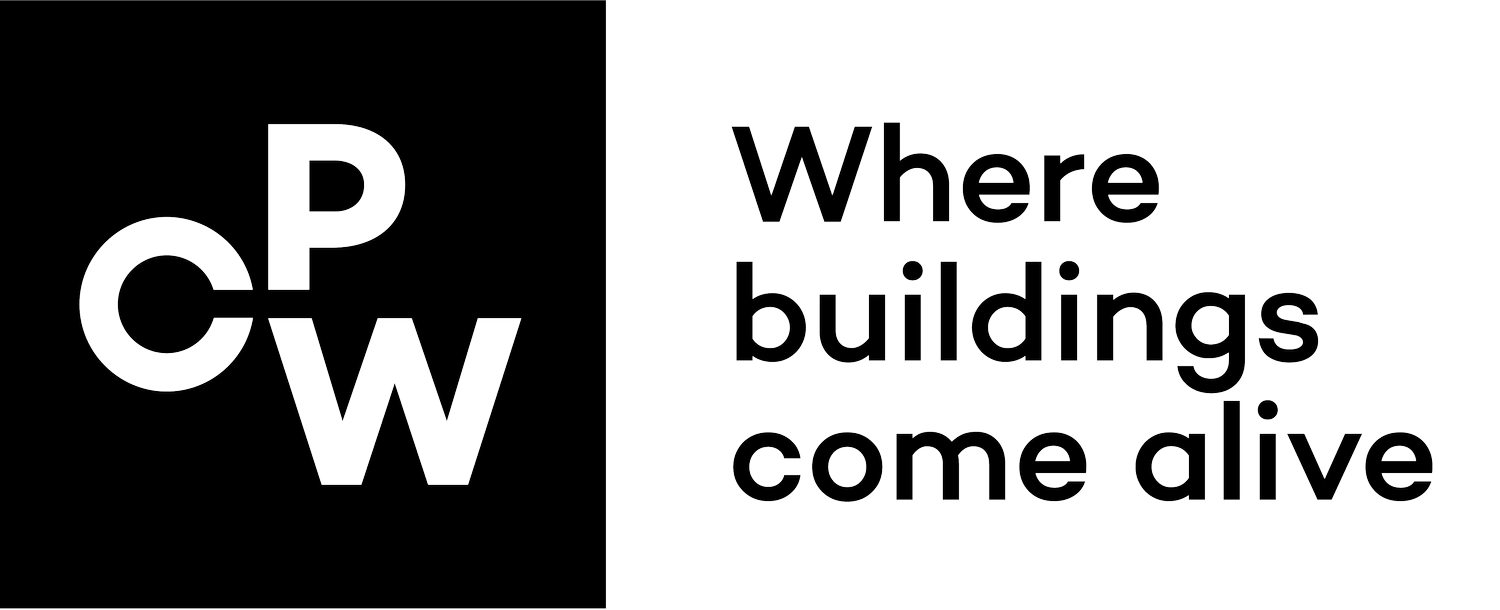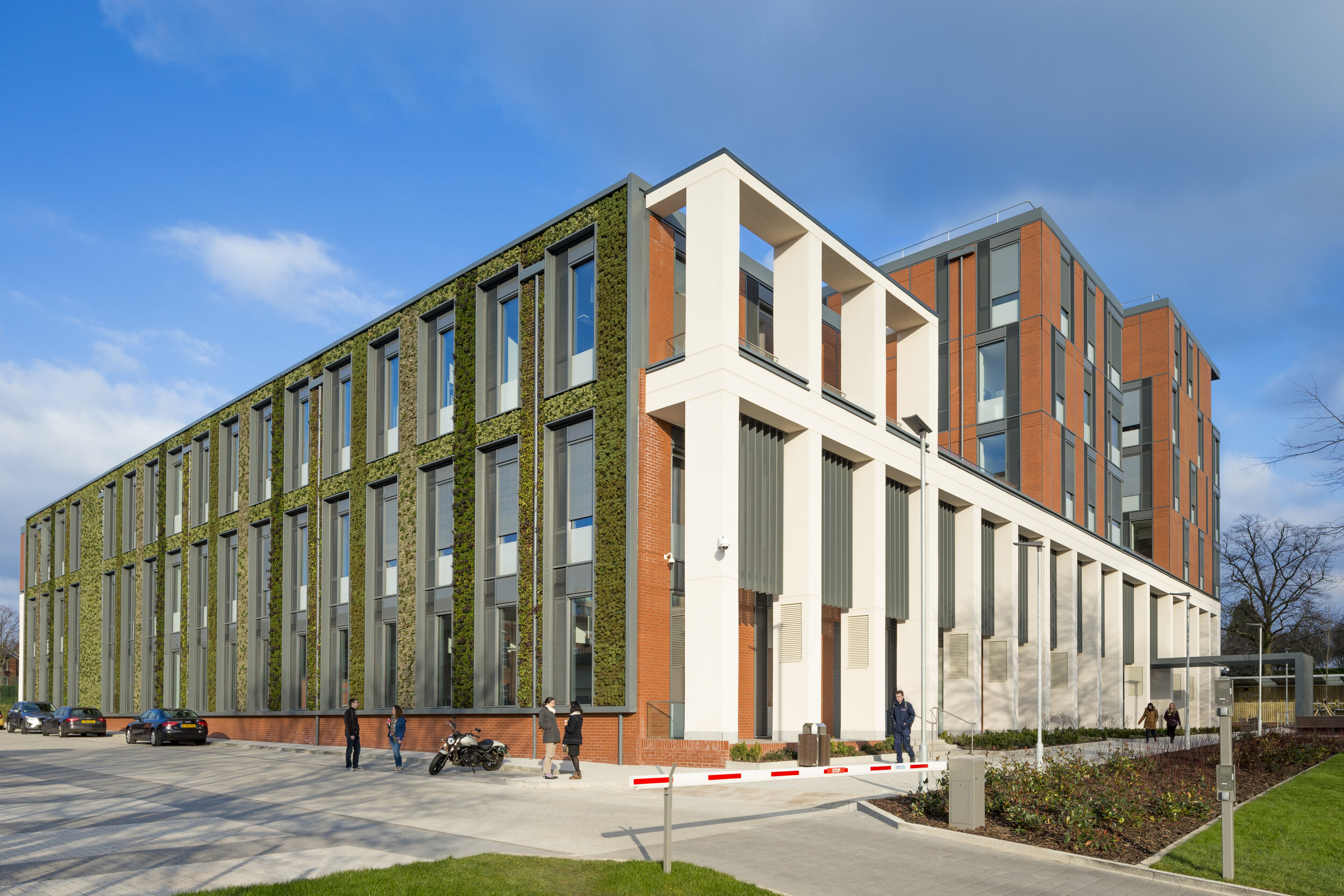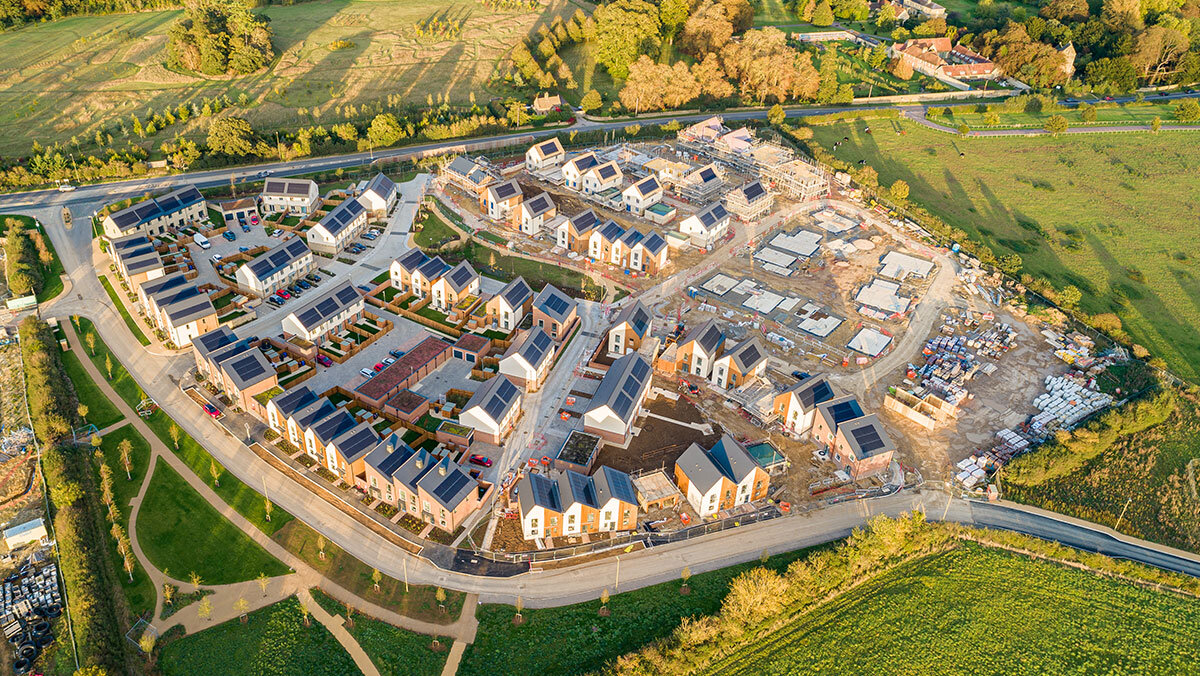Passivhaus & Zero Carbon
Our MEP engineering and in-house Passivhaus experts keep energy efficiency at the forefront of our projects to create low-energy buildings for the future. We consider building physics, orientation, ventilation, building details and materials as well as user-friendly technology solutions in order to maintain high levels of energy efficiency and user comfort.
With experience in a wide range of building types, from residential and commercial to educational buildings, our team is well-versed in designing spaces that promote healthy living and working environments and reduce heating and cooling demand – saving on energy costs. Whether you are targeting full Passivhaus certification or want to incorporate zero carbon design strategies in your project, we know how to deliver a building that meets our client’s design needs and has a reduced impact on the environment.
Our service areas:
Power systems
Vertical transport
Acoustics
Technical advisory
MEP engineering
Electrical engineering
Mechanical engineering
Daylight & lighting
SMART
Our Passivhaus Projects
Frequently asked questions
-
Passivhaus is a rigorous sustainable design standard. Passivhaus buildings are designed to deliver a comfortable, healthy environment that maintains an almost constant temperature and as such, is highly energy efficient. Passivhaus buildings have expertly designed ventilation, construction and insulation systems that need very little heating and cooling from an external source.
-
Energy efficient Passivhaus buildings are built to a standard, based on a set of five principles to ensure a comfortable, quiet environment, a stable inside temperature and a good flow of air inside. The five fundamental principles of Passivhaus design include:
No thermal bridging
Airtight construction
Heat recovery ventilation
High-quality insulation
Robust windows and window frames
-
Although Passivhaus design does take time and expert planning to ensure the energy and insulation demands are met, the benefits are significant. Reduced running costs, a lesser impact from rising energy bills, a constant fresh air supply, a comfortable, quiet living environment and a positive eco-friendly building can all be achieved through Passivhaus design.








